Talking Cents
|
November October September August July June April March February January |
Depreciation of assets, explained by our small business accountant in SydneyDepreciation refers to the process of allocating the cost of a non-current asset over its useful life. Our small business accountant in Sydney normally calculates depreciation at the end of an accounting period and is recorded with an adjusting journal entry. Our business accountants in Sydney also ensure that depreciation expense is recorded on the statement of comprehensive income. Below our small business accountants have listed some of the key terms that you may come across when dealing with depreciation: Cost – refers to the historical cost of a non-current asset being depreciated. This is for example what you paid for an asset. Residual value – refers to an estimate of the value of a non-current asset at the end of its useful life. Depreciable amount – Our business accountant in Zetland identifies this as the difference between an asset’s cost and its residual value. Useful life – refers to the length of time a non-current asset is expected to be used in operations. Carrying amount – refers to the unexpired cost of a non-current asset, calculated by subtracting accumulated depreciation from the cost of the non-current asset. For more information regarding the depreciation of assets, please contact our small business accountant in Sydney today. |




